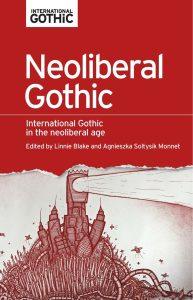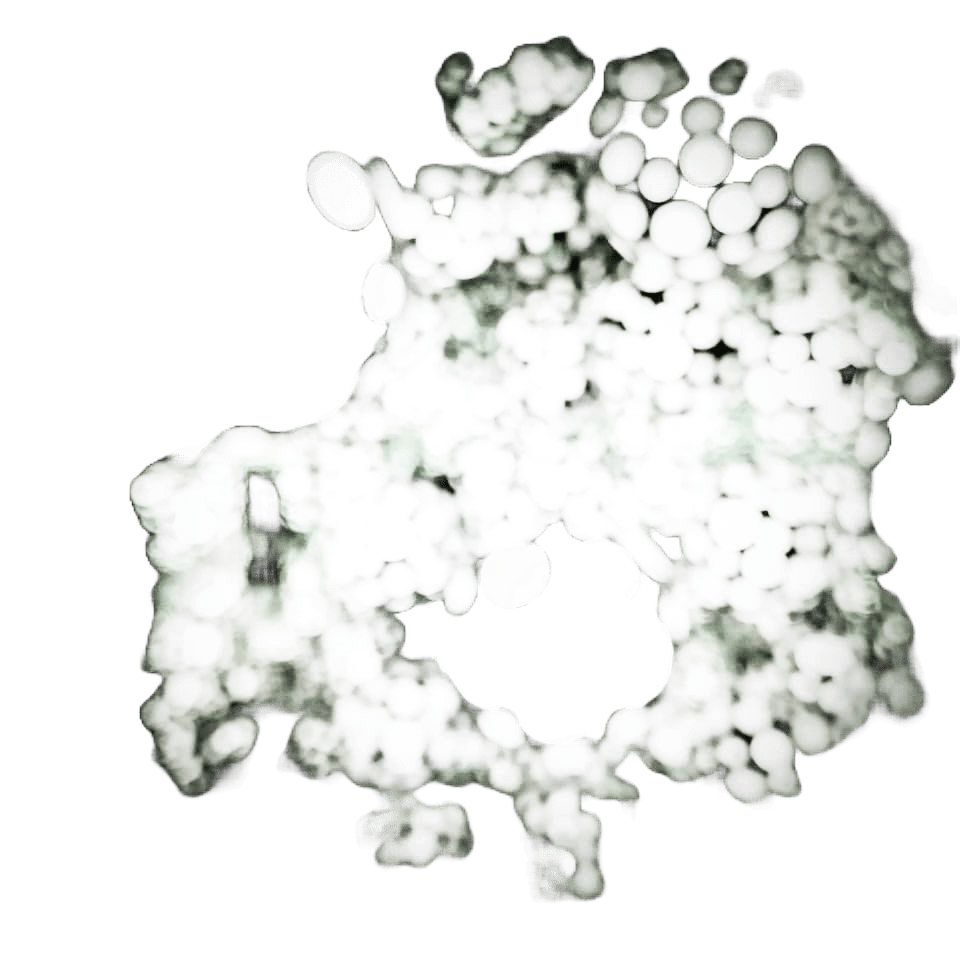2017
 The article analyses the representation of organ harvesting and trade/trafficking in eight post-2000 Asian films. It discusses the films’ consistent portrayal of transplantation as dependant on criminal networks and activities, and their critique of neoliberal medicine as responsible for deepening the economic divisions within Asian societies. The article argues that regional organ trade operates in accordance with the same principles as the global one, allowing for an identification of donor and recipient zones specific to Asia and directing the local organ flows towards the economically privileged Asian countries, such as Japan, Taiwan or South Korea, three countries identified as major beneficiaries in the films. Last but not least, the essay offers a reading of the potentially gothic figures of vengeance appearing in the films (ghosts, resurrected neo-humans, victims-turned-abusers) in terms of a narrative strategy of resistance devised to empower the oppressed.
The article analyses the representation of organ harvesting and trade/trafficking in eight post-2000 Asian films. It discusses the films’ consistent portrayal of transplantation as dependant on criminal networks and activities, and their critique of neoliberal medicine as responsible for deepening the economic divisions within Asian societies. The article argues that regional organ trade operates in accordance with the same principles as the global one, allowing for an identification of donor and recipient zones specific to Asia and directing the local organ flows towards the economically privileged Asian countries, such as Japan, Taiwan or South Korea, three countries identified as major beneficiaries in the films. Last but not least, the essay offers a reading of the potentially gothic figures of vengeance appearing in the films (ghosts, resurrected neo-humans, victims-turned-abusers) in terms of a narrative strategy of resistance devised to empower the oppressed.
